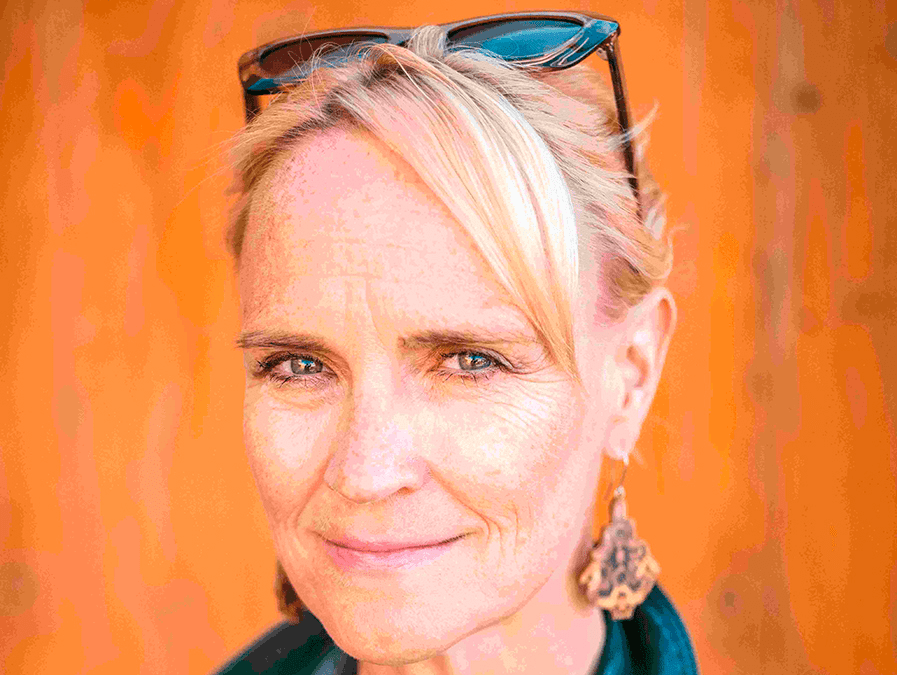Keynote speakers and panelists
Pekka Haavisto
Thursday
Jasmine Kelekay (FI / US)
Speaking at Thursday's first plenary session
Jasmine Kelekay is an Assistant Professor of Sociology and Criminology at Howard University (USA) and an affiliated scholar with the Centre for Multidisciplinary Research on Racism (CEMFOR) at Uppsala University (Sweden). Her research is situated at the intersections of sociology, criminology, cultural studies, and Black studies and examines racialization, racism, and anti-racism in the Nordics, with a focus on Sweden and Finland. She is currently working on the second edition of the book Black Feminist Sociology: Perspectives and Praxis for which she is co-editor.
Amos Wallgren (FI)
Speaking at Thursday's first plenary session
Amos Wallgren is an environmental activist and a doctoral researcher at the University of Helsinki. He has been involved in organising numerous popular movements, most notably Elokapina (Extinction Rebellion Finland), and has written about global climate justice in the book Viimeinen siirto – Ympäristöliike Suomessa (S&S, 2021).

Riie Heikkilä (FI)
www.tuni.fi/fi/ihmiset/riie-heikkila
Speaking at Thursday's second plenary session
Riie Heikkilä is docent of sociology at the Tampere University. Her research has focused on cultural participation and non-participation from the viewpoint of inequality. In the Nordic Foundation conference, she will discuss these topics from a Nordic point of view: how is arts and cultural participation socially stratified, and how can this unequal situation contribute to social and political polarisation?

Marcia Harvey Isaksson (SE)
marcia.se
Speaking at Thursday's second plenary session
Marcia Harvey Isaksson is an artist who's main line of inquiry is our common cultural heritage, using textile techniques as a vehicle to navigate her investigations. She is interested in site-specific narratives, working often with a mix of media, from sculpture to performance. She is the founder and head curator of the Afro-Nordic art platform Southnord, the textile art, crafts and design platform, Fiberspace and sqCircle, a Stockholm-based studio dedicated to telling stories using spatial design, working for example with a large number of museums.
Friday
Photo: Amedia
